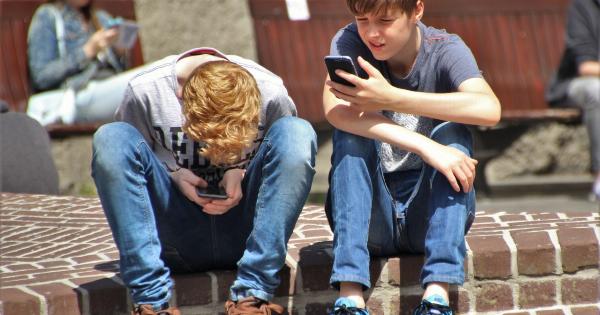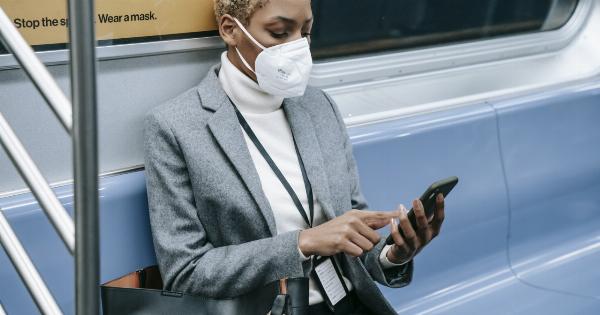In recent years, meningitis B has become a major concern for children and adolescents. This bacterial infection can be life-threatening, and it can cause serious complications such as brain damage, hearing loss, and amputations in severe cases.
Meningitis B is caused by the bacteria Neisseria meningitidis, which is spread through respiratory or throat secretions, such as coughing, sneezing, or kissing, or by close contact with an infected person.
The bacteria can invade the body and cause inflammation of the meninges, which are the protective membranes that surround the brain and spinal cord.
Symptoms of Meningitis B
The symptoms of meningitis B typically develop rapidly, within hours or a few days of exposure to the bacteria. The symptoms can vary depending on the age of the child or adolescent, and they may include:.
- High fever
- Severe headache
- Nausea and vomiting
- Stiff neck
- Sensitivity to light
- Confusion or disorientation
- Seizures
- Rash or red spots
If you suspect that your child or adolescent may be experiencing symptoms of meningitis B, it’s important to seek medical attention immediately.
The earlier the infection is diagnosed and treated, the better the chances for a successful recovery and a lower risk of complications.
Diagnosing Meningitis B
Diagnosing meningitis B involves several tests to confirm the presence of the bacteria in the body and to determine the severity of the infection. These may include:.
- Blood tests to check for signs of infection
- Lumbar puncture (spinal tap) to collect cerebrospinal fluid and check for signs of inflammation and infection in the meninges
- Imaging tests such as CT scans or MRI to examine the brain and spinal cord for signs of inflammation or damage
If meningitis B is confirmed, treatment will depend on the severity of the infection and the age and health of the child or adolescent.
Treatment may include hospitalization, antibiotics to kill the bacteria, and supportive care to manage symptoms such as pain, fever, and seizures.
Preventing Meningitis B
The best way to prevent meningitis B is through vaccination. In the United States, there are currently two vaccines available to protect against meningitis B:.
- Bexsero
- Trumenba
Both vaccines are recommended for all children and adolescents between the ages of 16 and 23, and they can also be given to younger children and adults who are at increased risk of the infection.
In addition to vaccination, there are other measures you can take to reduce your child’s risk of meningitis B:.
- Practice good hygiene, such as washing hands regularly and covering the mouth and nose when coughing or sneezing
- Avoid sharing personal items such as drinks, food, or lip balm
- Avoid close contact with people who are sick
- Boost the immune system through a healthy diet, exercise, and adequate sleep
Conclusion
Meningitis B is a serious bacterial infection that can have severe and long-lasting consequences for children and adolescents.
By understanding the symptoms, causes, and treatments of the infection, and by taking steps to prevent its spread, you can help protect your child from the dangers of meningitis B.





























